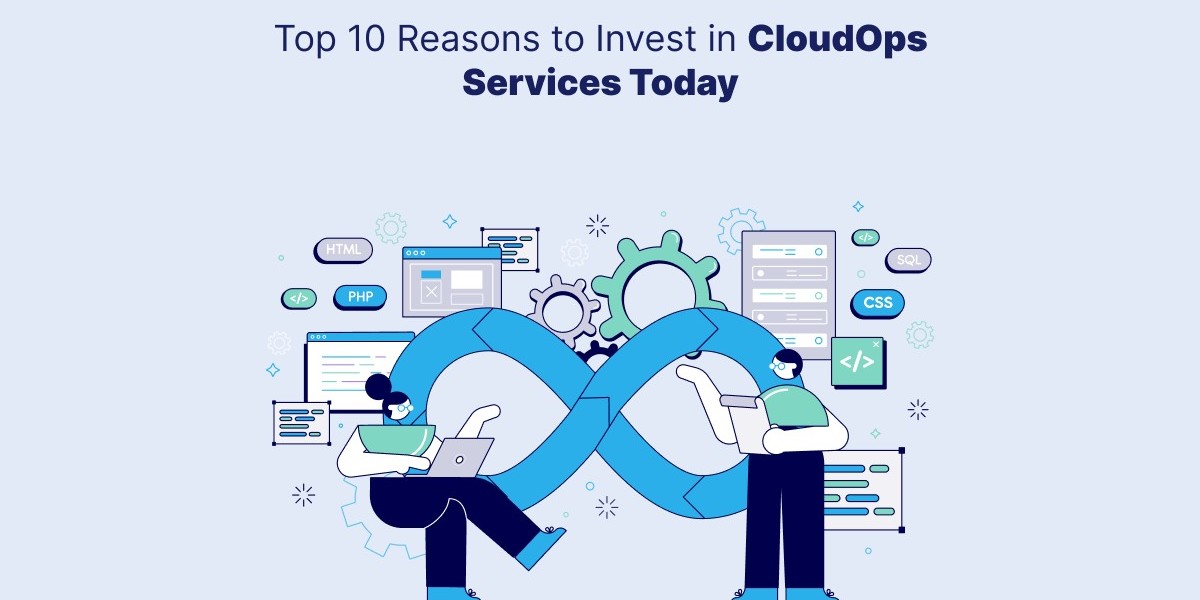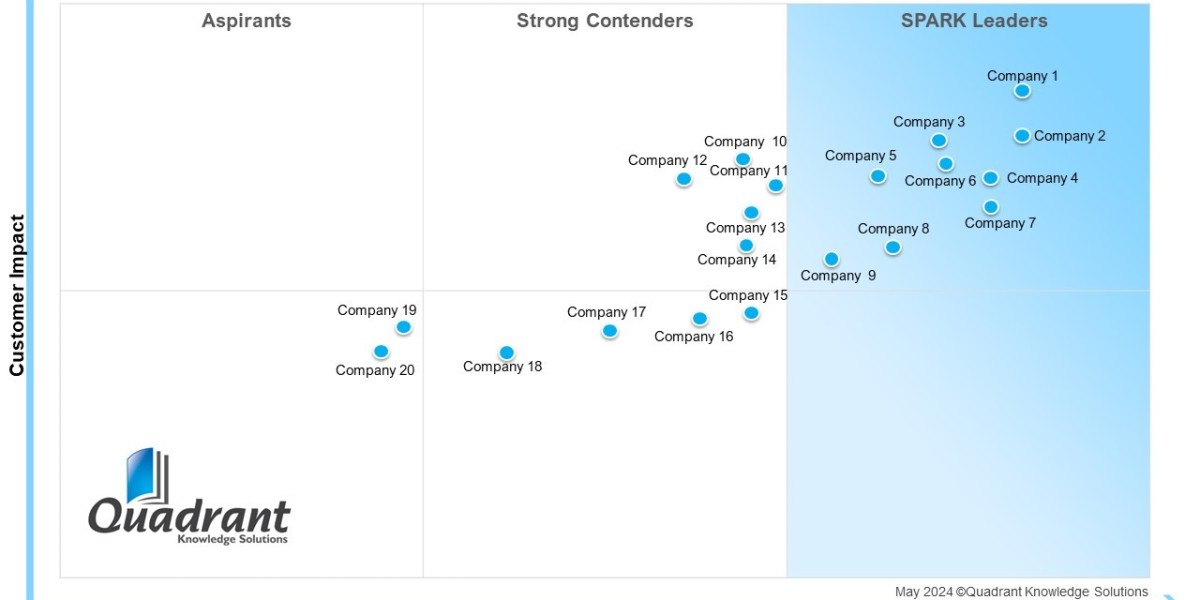Cloud computing has become the backbone of modern businesses, enabling companies to access powerful resources on demand without heavy upfront investment. But simply moving to the cloud is not enough to stay competitive and efficient. That’s where CloudOps comes in. Cloud Operations, or CloudOps, refers to the management, automation, and monitoring of cloud infrastructure to ensure optimal performance, security, and cost control.
Investing in CloudOps services can transform how a business operates in the cloud, offering better control, agility, and reliability. This blog explores the top 10 reasons why investing in CloudOps services today is a smart move for any organization looking to thrive in the digital age.
1. Ensuring Continuous Cloud Performance
One of the biggest challenges with cloud infrastructure is maintaining consistent performance. CloudOps teams monitor systems in real-time, proactively detecting issues like downtime, slow response times, or resource bottlenecks. This ensures your applications and services stay reliable and fast, improving user satisfaction and reducing business risks.
2. Automating Repetitive Tasks
CloudOps introduces automation to everyday tasks like deployment, scaling, patching, and backups. This reduces manual errors, speeds up processes, and frees up IT teams to focus on strategic initiatives rather than routine maintenance. Automation also supports faster delivery cycles, helping businesses innovate more quickly.
3. Managing Costs Efficiently
Cloud costs can spiral out of control without proper oversight. CloudOps services help monitor resource usage, identify wasteful spending, and optimize cloud consumption. By rightsizing resources and scheduling non-critical workloads during off-peak hours, companies can significantly reduce their cloud bills.
4. Scaling Infrastructure Seamlessly
Businesses experience fluctuations in demand all the time—think holiday sales for retailers or new product launches for tech companies. CloudOps teams implement auto-scaling solutions that adjust resources dynamically based on real-time demand. This means your infrastructure grows or shrinks automatically, ensuring performance without unnecessary expenses.
5. Strengthening Security and Compliance
Security is a top priority for any business using cloud technology. CloudOps specialists maintain security protocols like firewalls, encryption, identity access management, and vulnerability scanning. They also ensure compliance with industry regulations such as GDPR, HIPAA, or PCI DSS, reducing the risk of data breaches and costly penalties.
Read more: Why Cloud Solutions Consulting Is Crucial for Modern Business Success?
6. Accelerating Incident Response and Recovery
When issues occur, quick detection and resolution are critical. CloudOps services provide real-time alerts and incident management systems that reduce downtime and minimize the impact on users. Additionally, disaster recovery plans and backup strategies are tested and updated regularly to ensure business continuity.
7. Enhancing Collaboration Across Teams
CloudOps bridges the gap between development, operations, and security teams. By standardizing workflows, sharing dashboards, and integrating tools, CloudOps fosters better communication and coordination. This collaborative approach leads to smoother deployments, fewer conflicts, and higher overall productivity.
8. Supporting Multi-Cloud and Hybrid Environments
Many businesses use multiple cloud providers or combine on-premises systems with cloud resources. CloudOps services provide centralized management and monitoring across these complex environments. This unified view helps avoid silos, streamline operations, and maximize the benefits of diverse cloud setups.
9. Facilitating Continuous Improvement
CloudOps is not a one-time project but an ongoing practice focused on continuous improvement. Through regular audits, performance reviews, and adopting best practices, CloudOps teams help businesses adapt to evolving cloud technologies and emerging challenges. This ensures the cloud environment remains modern, efficient, and aligned with business goals.
10. Enabling Faster Time to Market
With CloudOps managing infrastructure efficiently and automating key processes, development teams can release new features and products faster. This agility allows businesses to respond quickly to market trends, customer feedback, and competitive pressures, giving them a strong edge in their industry.
Conclusion
In today’s digital landscape, the cloud is essential for business growth and innovation, but managing it effectively requires expertise and ongoing effort. CloudOps services offer a comprehensive solution to maximize cloud performance, reduce costs, enhance security, and accelerate development cycles. By investing in CloudOps, companies ensure their cloud infrastructure is not only stable and secure but also agile and ready to support rapid business changes.
Businesses that integrate CloudOps into their cloud strategy gain a competitive advantage by optimizing operations and driving continuous innovation. To fully realize these benefits, partnering with the right app development company can provide additional support in creating cloud-based applications that are scalable, secure, and aligned with your growth objectives.
FAQs
What exactly is CloudOps?
CloudOps refers to the set of practices and tools used to manage and optimize cloud infrastructure, focusing on automation, monitoring, security, and cost management.
How does CloudOps reduce cloud costs?
CloudOps teams monitor resource usage, identify inefficiencies, and implement strategies like auto-scaling and scheduling workloads to avoid unnecessary spending.
Can CloudOps improve application performance?
Yes, through continuous monitoring and proactive issue resolution, CloudOps ensures applications run smoothly and respond quickly.
Is CloudOps only for large enterprises?
No, businesses of all sizes can benefit from CloudOps by improving cloud efficiency and scalability regardless of their scale.
How does CloudOps support security compliance?
CloudOps implements security controls, performs regular vulnerability assessments, and ensures cloud environments meet industry compliance standards.







